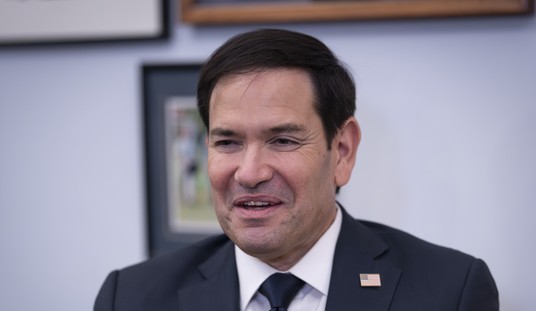During my short time in Congress, I have already seen obvious philosophical differences between the Republican Party and my colleagues on the other side of the aisle. In recent statements, it seems that Democrats think we have a debt ceiling crisis while Republicans believe we have a debt crisis. Democrats seem to think spending resolutions are good enough; Republicans think the House and Senate should both pass a budget. Democrats think we need more government spending to move the economy; Republicans want to jump-start the economy with less government. Democrats think a centrally-planned government is more efficient; Republicans think distributed authority is efficient.
These differences were never more apparent than last week when President Obama met with Republicans at the White House. While we had basic agreement with the President about the need to cut spending, reform entitlements, and enact short, medium and long-term solutions, we received very few details from the President. As we pressed the President for specific CBO ‘score-able’ proposals, his answer consistently focused on getting a small group of people together to hash out a plan in private and then allowing everyone a vote when finished. He skillfully avoided ever committing to a plan of his own.
That is the big philosophical difference. Republicans want to have a national debate to build public consensus while Democrats want to build a private consensus and then tell the American people where we are going next. The frustration Republicans have with the President’s unwillingness to lead with a plan is likely matched by the President’s frustration with a Republican party that wants to have a national conversation. As the President contemplates our transparency, we contemplate his exclusivity. I believe that the President needs to come up with his own plan and let the country debate it. He is the President of the United States, and his job is to lead – not just book the meeting room.
As I was coming to this realization after the White House meeting, I was asked by a national media personality, ‘what’s wrong with a backroom deal?’ My answer was simple: We live in a free society where input from the people is not only required, it is essential. Even if only the ‘Representative’ gets to vote, we are still a nation of the people, by the people and for the people. We are a nation that loves to talk about problems in coffee shops, over dinner tables and around the office. Decisions move slowly in our democracy because we want time to process the options. America wants to be involved, not just informed.
President Obama has made it his goal to huddle with Congressional leaders, determine what direction the debate is headed and then run to the front of the pack to take the lead. Collaboration among a small group is no substitute for a debate with the people these policies will affect. It is sad that the President wants to turn despised backroom deals into the status quo for a government that should be about free and open debate.
Congressman Lankford represents the Fifth District of Oklahoma














Join the conversation as a VIP Member